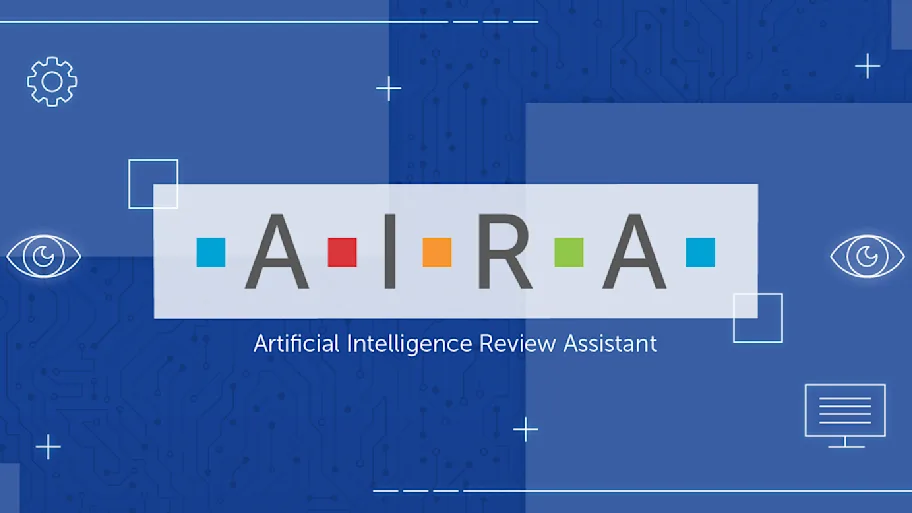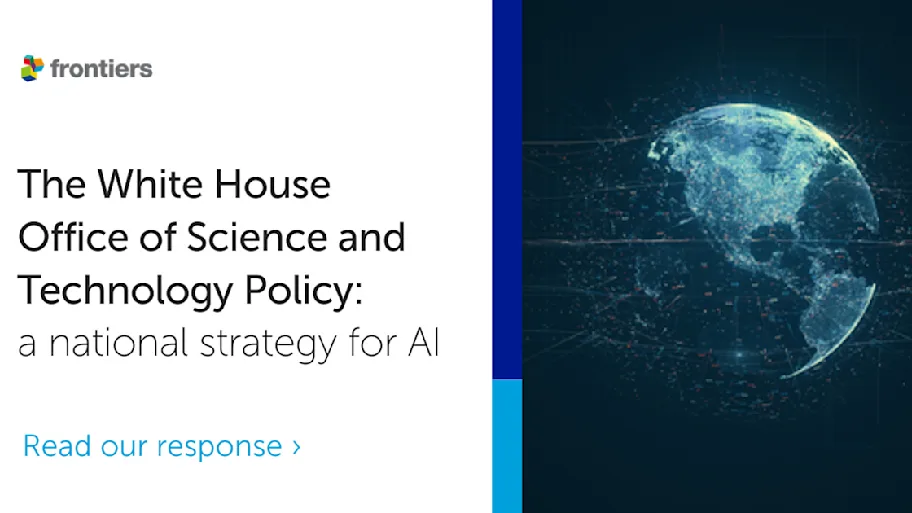
- Science News
- Robotics and AI
- Frontiers partners with machine learning challenge platform AIcrowd
Frontiers partners with machine learning challenge platform AIcrowd

Partnership with AIcrowd will transform crowd-sourced solutions to machine learning challenges into peer-reviewed, open-access articles.
Used by organizations like Google, Unity, and Stanford University, AIcrowd’s machine learning platform is having a real impact on the artificial intelligence research landscape while solving real-world problems. And now, thanks to a new partnership with Frontiers in Artificial Intelligence, its innovative, crowdsourced solutions will reach a wider audience as freely available, peer-reviewed article collections.
“The partnership takes solutions to AIcrowd challenges from an online record to a publication in an academic journal,” says Marcel Salathé, co-founder of AIcrowd and professor at the Swiss Federal Institute of Technology in Lausanne (EPFL).
“This helps to widely disseminate how a particular solution to a given problem was developed — and how it performed — which is very important from a scientific perspective. It’s also important from a career perspective, as participants have a permanent, recognized record of their achievement, as well as for stimulating tangible collaborations between industry and academia.”
The platform, which started life as crowdAI in Salathé’s digital epidemiology lab at EPFL, helps universities, businesses, government agencies, NGOs and IOs to run and manage their machine learning challenges. Its transformation from university lab idea into fast-growing company is the result of increasing demand from key stakeholders and engagement by a global research community.
“The platform was created when we felt the idea of crowdsourcing AI development was really coming of age,” explains Sharada Mohanty, co-founder of AIcrowd and a previous PhD student in Salathé’s lab. “We weren’t happy with the platforms that existed at the time, so we created a new platform that would give us all the flexibility that we needed and allow us to work with key actors on solving real problems.”
One of the platform’s most successful research challenges was ‘Learning to Run’ by Stanford University, in partnership with University of California Berkeley and EPFL. Participants were tasked with developing a controller that would enable a physiologically-based human model to navigate a complex obstacle course as quickly as possible.
“This reinforcement learning problem was considered too difficult to solve,” recounts Mohanty, “yet the challenge participants managed to crack it in a short amount of time!”
Another successful challenge was by the aid organization Humanity & Inclusion, exploring how machine learning could generate relevant and real-time maps to support disaster relief efforts. Participants were provided with a dataset including individual tiles of satellite imagery, with the goal of training a model which, given a new tile, could annotate all the buildings within it. The solutions submitted were extremely promising and the best ones are now being studied and prepared for future production.
Open AI solutions
In order to better manage the increased demand, the team that developed crowdAI incorporated AIcrowd in Novermber 2018. The platform was built on open source principles, with data from challenges available online, and this remains one of its core pillars.
The partnership with Frontiers in Artificial Intelligence takes this Open Science approach a step further, turning challenge solutions into peer-reviewed, open-access articles.
“Establishing partnerships with innovative initiatives based on Open Science principles is part of Frontiers’ larger strategy to foster global development and inclusiveness in R&D as well as further democratize opportunities,” says Dr Lucia Perrini, Manager of Frontiers’ Artificial Intelligence and Big Data journals. “AIcrowd is fantastic because it is open for all to participate and generate solid, out-of-the-box ideas with real-world impact and across all sectors. We are thrilled to sponsor the publication of selected solutions.”
Under the collaboration, each year the best solutions from select AIcrowd challenges will be published for free as peer-reviewed articles in Frontiers in Artificial Intelligence, forming a special collection of ‘challenge papers’ edited by Salathé together with Diego Perez Liebana (Queen Mary University of London) and Lukasz Kidzinski (Stanford University).
“The occasional prize money offered for solving AIcrowd challenges is a great incentive for people to participate. This partnership makes the challenges even more attractive, which we hope will get more researchers to participate and consequently increase the quality of the challenge solutions even further,” concludes Salathé.





